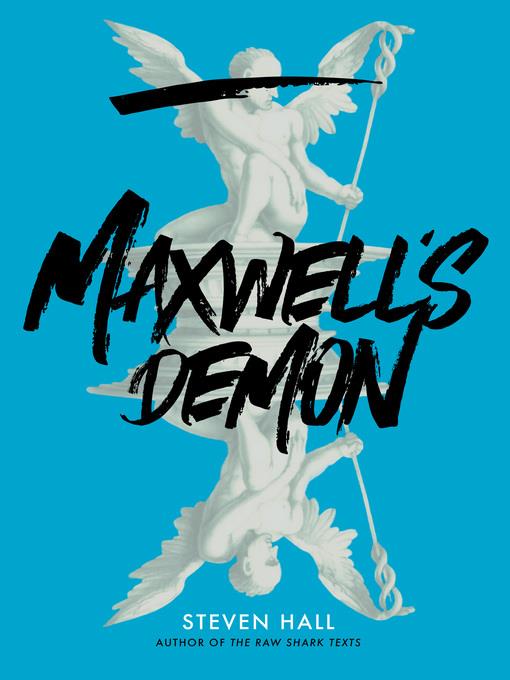
Maxwell's Demon
کتاب های مرتبط
- اطلاعات
- نقد و بررسی
- دیدگاه کاربران
نقد و بررسی

February 15, 2021
It starts when 33-year-old Thomas Quinn receives a voicemail from his father, Stanley, who has been dead for seven years. Dr. Stanley Quinn was the greatest poet, journalist, and war correspondent of his generation. Thomas, himself a writer but an unsuccessful one, is unnerved but no more so than when, out of the blue, he receives a cryptic note and photograph from Andrew Black, the author of Cupid's Engine, a hugely successful novel; Black, his father's erstwhile assistant, prot�g�, and spiritual son, vanished some six years earlier and hasn't been seen since. What does this have to do with entropy, the Second Law of Thermodynamics, Einstein, "who looks a bit like God on his day off," and, yes, Maxwell's Engine, an enigmatic thought experiment? And don't forget the cherubim and the nativity display with only an ox and an angel in it, and the crying baby who isn't there, and the encounter with a character from Black's novel come to life. What's going on here? Hall (The Raw Shark Texts, 2007) has written a wonderfully imaginative, splendidly baroque novel that is a combination of the baffling, teasing, and tantalizing. Part fantasy, part mystery, it is altogether delightful and filled with surprises--in a word, exceptional. No, make that two words; the second is fantastic. A rare, sui generis treat.
COPYRIGHT(2021) Booklist, ALL RIGHTS RESERVED.

March 15, 2021
The son of a world-famous writer plays a literary cat-and-mouse game with his late father's enigmatic prot�g�. Fourteen years ago, Hall unleashed an original and inventive debut, The Raw Shark Texts (2007). With this follow-up, he delivers an equally phantasmagoric novel with shades of Stephen King's The Dark Half. This confessional is narrated by Thomas Quinn, an unsuccessful writer whose wife, Imogen, is off on some kind of live-streamed Big Brother-type experiment. This leaves Thomas time to drink whiskey and contemplate the legacy of his late father, Stanley Quinn, a famous novelist and lousy dad. Even worse than his father, Thomas has been living under the long shadow of Andrew Black, once Stanley's assistant and for all intents and purposes his favored "son." Black is famous for Cupid's Engine, a bestselling magnum opus about a fedora-wearing private eye, while Thomas' sole novel, The Qwerty Machine Gun, was a dismal failure. The relationship changes when Thomas receives an envelope from the reclusive Black: Along with a photograph of a black sphere, there's a note saying, "Thomas, What do you think this is?" Hall delights in playing with typography, and early on he starts dropping in passages shaped like leaves as well as a seven-page illustration of the physics theorem that lends the novel its title. There's really nothing like this book--long contemplations of philosophy, personality, religion, and history are all woven into something of a mystery in which no one is truly reliable. With influences that recall Fight Club and Motherless Brooklyn, Hall manages to put a whole world on the page that shifts and changes as weirdly and wildly as the ones in the novel's fictional books. The modern novel's version of a M�bius strip, written with verve and a vast appreciation for the power of language.
COPYRIGHT(2021) Kirkus Reviews, ALL RIGHTS RESERVED.

























دیدگاه کاربران